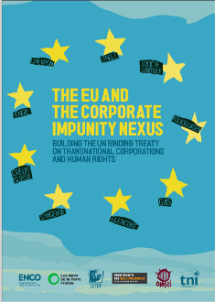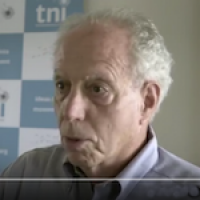Ideas en movimiento
Impulsa nuestra labor
Si deseas apoyar nuestro trabajo, considera realizar una donación. Nos comprometemos a que nuestra valiosa investigación esté accesible sin costo, pero para eso necesitamos de tu ayuda. Si todas las personas que leen nuestro contenido realizan una donación de tan solo €12 podremos apoyar nuestro trabajo durante tres años.






